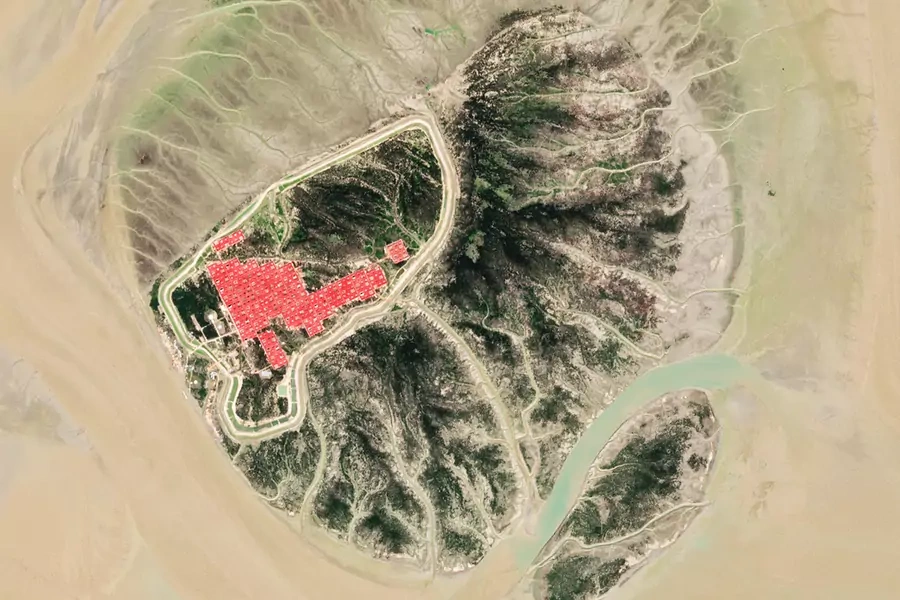South Asia Reads: January 27, 2020

We’ll be trying something new here with our coverage of South Asia on Asia Unbound. In addition to our regular posts, we will be sharing a short annotated list of articles and reports that have caught our eye.
Democracy backslide: India fell ten spots on the Economist Intelligence Unit’s Democracy Index ranking last year, due to the repeal of statehood from Jammu and Kashmir and a citizenship exercise in Assam (in which nearly two million people could not produce sufficient documentation of citizenship, leaving their legal status uncertain). Worldwide, the average score was the worst result for the democracy index since it began in 2006.
More on:
India’s slowing economy pulls down global growth: The International Monetary Fund (IMF) revised its estimate of India’s economic growth in 2019 downward from its 6.1 percent estimate in October to 4.8 percent, noting “stress in the nonbank financial sector and a decline in credit growth.” According to IMF Chief Economist Gita Gopinath, India’s downgrade accounts for 80 percent of the slight global downward revision of economic growth. India’s growth forecast for 2020 was also revised downward, from 7.0 to 5.8 percent.
New home for the Rohingya? Bangladesh announced it has finished construction of towns and flood safeguards on the uninhabited island Bhasan Char in the Bay of Bengal, where it plans to relocate one-tenth of the nearly one million Rohingya refugees who fled from neighboring Myanmar. Authorities promise the refugees will live much better than in the current ramshackle, unhygienic camps, but the United Nations has expressed grave concerns about the high risk of flooding and storms.
U.S. official trip readout: Acting Assistant Secretary of State for South and Central Asian Affairs Alice Wells offered a press briefing Friday on her recent visit to Sri Lanka, India, and Pakistan. Wells stressed the importance of post-war reconciliation in Sri Lanka, and reiterated U.S. encouragement for Pakistan to fulfill its “counterterrorism financing obligations” under the Financial Action Task Force process. Wells also noted that the United States had extended westward its definition of the Indo-Pacific to eastern Africa—from “California to Kilimanjaro” (the catchphrase used to be “Bollywood to Hollywood”)—now aligning with India’s geographic definition of the region.
South Asians still perceive lots of public corruption: Transparency International published its annual Corruption Perceptions Index of 180 countries last week. The only South Asian country to make the top third of the index is Bhutan (#25). India, Sri Lanka, Nepal, and Pakistan fall in the middle, and reporting the highest levels of corruption are Bangladeshis (#146) and Afghans (#173). The bright side is that it appears governments have made progress over the last ten years. With the exception of Bangladesh, every South Asian country rose in the rankings, most notably Nepal’s thirty-spot jump from #143.
Employment fast facts: According to the International Labor Organization (ILO)’s annual report, nearly half of young women in South Asia—81 million—are not in employment, education, or training [PDF, p. 52]. Women face obstacles to attending university or working outside the home in many parts of South Asia, and there aren’t enough job opportunities for all who seek them.
More on:
Citizenship Amendment Act, six weeks later: Protests in India continue over the new citizenship amendment that permits persecuted minorities from six different religions (but not Muslims) from Afghanistan, Bangladesh, and Pakistan to gain fast-track access to naturalization. This Lawfare essay explains the act’s legal context and its potential connection to a National Register of Citizens if implemented across the country.
How to stop poachers? Talk to them: A study based on interviews of imprisoned poachers in Nepal found that they underestimated how steep penalties to their offenses would affect them and their families. That led the researchers to try a new approach: creating songs that educate Nepalis about the social costs of poaching.
 Online Store
Online Store